Autism affects more boys than girls, like Jabali, who, by three years, hadn’t spoken a word, wasn’t toilet trained and had no interest in other children. Another boy needed Ksh12,000 just for oral motor therapy to help him chew food- which is not covered under SHA.
The afternoon sun filters through the curtains of Florence Adhiambo’s modest rental home in Kisumu’s Lolwe estate, casting long shadows across the floor where her seven-year-old son Jabali sits silently stacking blocks. The 32-year-old teacher wipes away tears as she watches her firstborn child, diagnosed with both autism spectrum disorder (ASD) and epilepsy, completely absorbed in his repetitive activity.
“I remember the exact moment my world changed,” Adhiambo recalls, her voice trembling. “It was at a church fundraiser when a nurse friend pulled me aside and said, ‘Your boy shows signs of something called autism.’ That night, I Googled until dawn. Every symptom matched – the lack of eye contact, the speech delay, the obsessive behaviours. Suddenly, six years of confusion made terrible sense.”
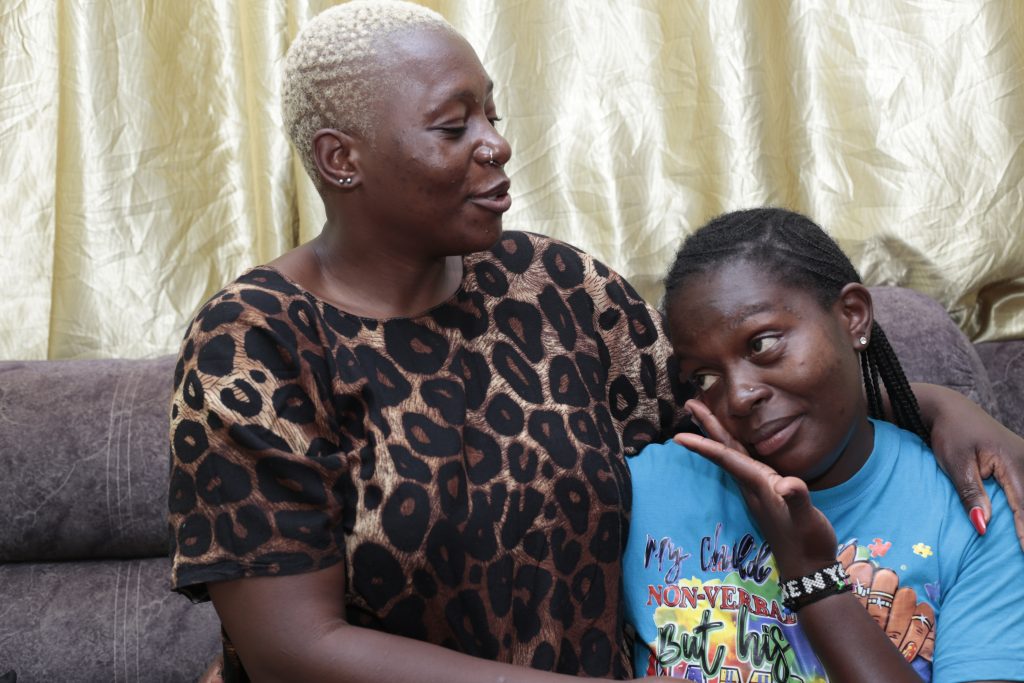
Jabali’s journey began typically until his first birthday, when violent seizures started without warning. At Jaramogi Oginga Odinga Teaching and Referral Hospital (JOOTRH), doctors stabilised his epilepsy with anticonvulsants but missed the underlying condition. “They kept saying ‘he’ll outgrow it’ as he fell further behind,” Adhiambo explains. By age three, Jabali hadn’t spoken a word, wasn’t toilet trained, and showed no interest in other children.
Autism Spectrum Disorder remains one of Kenya’s most misunderstood neurodevelopmental conditions. Characterised by challenges with social interaction, communication, and restricted or repetitive behaviours, its prevalence remains unrecorded in national health surveys.
However, the Autism Society of Kenya (ASK) estimates one in 25 children (or four per cent of the population) may be affected, translating to approximately 2.2 million Kenyans living with ASD across varying severity levels.
Dr Mollah and her team see 40-50 children daily without specialised diagnostic tools
Globally, Kenya ranks 46th in autism prevalence according to World Health Organization (WHO) data. The disorder shows significant gender disparity, affecting four boys for every girl diagnosed.
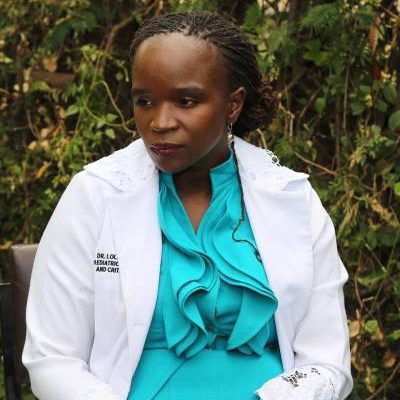
Dr Lollah Adeline Mollah, a paediatric neurodevelopment specialist at JOOTRH, attributes this gap to diagnostic bias: “Girls often present differently – they may mask symptoms better, leading to underdiagnosis.”
For most Kenyan families, obtaining an accurate autism diagnosis resembles a torturous obstacle course. At JOOTRH’s neurodevelopmental clinic – one of only three public facilities serving western Kenya’s 12 million people – Dr Mollah and her team see 40-50 children daily without specialised diagnostic tools.
“Autism can’t be confirmed through blood tests or scans,” explains Dr Mollah. “We use clinical observation and developmental history across multiple visits.” The gold-standard diagnostic tools, like ADOS-2 (Autism Diagnostic Observation Schedule), remain unavailable in public hospitals, forcing clinicians to rely on adapted checklists.
In our village, they said my son was ‘touched by spirits’
This patchwork system creates heartbreaking delays. Benta Adhiambo’s son Joshua wandered away from home multiple times before a special needs teacher suggested autism testing at age six. “In our village, they said he was ‘touched by spirits,'” recalls Benta. The evaluation confirmed moderate autism, but critical early intervention years had been lost.
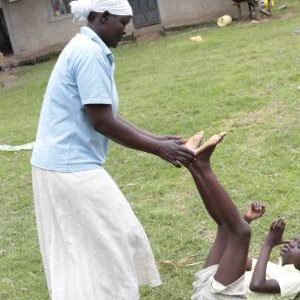
The relentless financial burden of autism care becomes a recurring nightmare for families, stripping away savings, dignity, and hope with each passing month.
Florence Adhiambo’s carefully scribbled household budget tells the story in painful detail—Ksh6,000 for her son’s epilepsy medication, another Ksh4,500 for disposable diapers he still requires at age seven, Ksh43,000 for private therapy sessions when they can be squeezed in, and Ksh42,500 for special transportation to appointments across Kisumu.
“These numbers don’t even tell the whole story,” she explains with weary resignation, “because when Jabali has breakthrough seizures and needs emergency hospitalisation, which happens more often than I’d like to admit, these costs easily triple overnight, leaving us begging relatives for loans or selling whatever small possessions we have left.”
Ksh12,000 is just for oral motor therapy to help my son chew food
The situation grows even more desperate for mothers like Lilian Musimbi, whose four-year-old son’s needs demand an astronomical monthly outlay— Ksh12,000 just for oral motor therapy to help him chew food, a staggering 24,000 for twice-weekly speech therapy sessions that show frustratingly slow progress, Ksh4,500 per consultation with the nearest paediatric neurologist three counties away, plus another Ksh2,400 for melatonin to regulate his fractured sleep patterns.

“What makes it unbearable,” Musimbi says, her voice cracking under the weight of accumulated exhaustion, “is knowing the Social Health Authority (SHA) covers none of this—not the therapies, not the specialists, not even the basic medications—leaving us to drain our NHIF supplements within months before resorting to selling our kitchen appliances, our furniture, anything of value just to keep our children functioning.”
The cruel irony hangs heavy in her words—that in a country with universal healthcare aspirations, these parents must bankrupt themselves to access care that should be fundamental.
Classrooms where a quarter of students have undiagnosed challenges
Kenya’s 2018 Policy on Inclusive Education promises equal access for children with disabilities. Reality paints a different picture. Brenda Achich, a special needs teacher in Kisumu, describes overcrowded classrooms where 10 of 40 students have undiagnosed learning challenges.
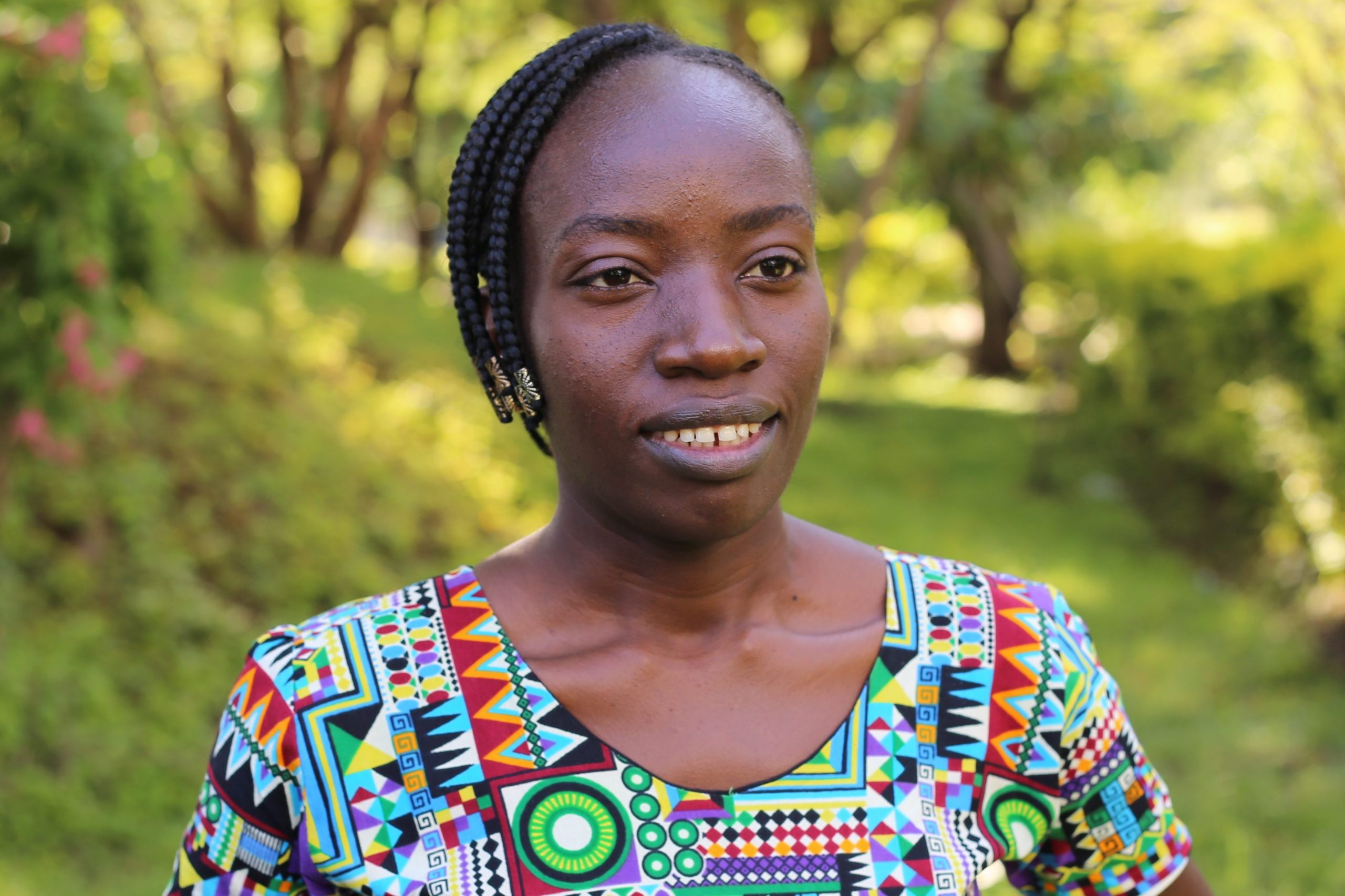
“In theory, we practice inclusion. In practice, one teacher can’t simultaneously teach multiplication to neurotypical students while managing an autistic child’s meltdown,” Achich explains. The government’s 60 per cent special needs inclusion target rings hollow when most counties lack trained special education teachers.
For severely affected children like Jabali, options are bleaker. The three private autism schools in Kisumu charge Ksh25,000-Ksh40,000 monthly, beyond most families’ means. Public special schools, where they exist, often reject nonverbal children as “unmanageable.”
The weight of societal judgment proves crushing for many parents. George Omamo, Kisumu’s Disability Mainstreaming Coordinator, recounts cases where mothers were accused of “sinning” to cause their child’s condition, families spent millions on fraudulent “autism cures” from herbalists and three marriages dissolved after autism diagnoses, with fathers blaming mothers.
They call Joshua ‘the ghost child’ and say we’re being punished
Benta Adhiambo’s voice cracks, describing neighbourhood taunts: “They call Joshua ‘the ghost child’ and say we’re being punished. At the market, women pull their children away when we approach.”
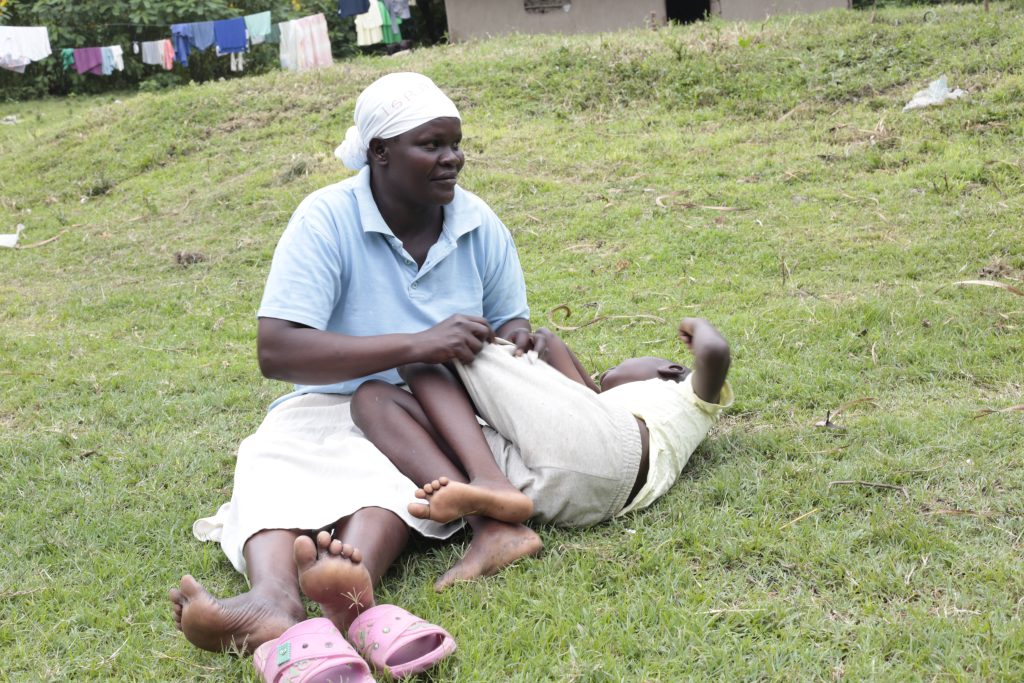
This stigma drives dangerous experimentation. Adhiambo admits to giving Jabali herbal enemas from a traditional healer for six months. “He screamed in pain, but I was desperate. Later, a nutritionist explained he has gluten intolerance – those herbs likely inflamed his gut.”
Occupational therapist Beatrice Luvuno from Aga Khan Hospital explains how sensory processing differences manifest: “An autistic child might cover ears from a blender’s noise (auditory hypersensitivity), refuse to wear certain fabrics (tactile defensiveness) or spin endlessly seeking vestibular input.”
Nutritionist Eileen Mulaa emphasises dietary modifications, which include, “Removing gluten, casein (dairy protein), and refined sugar shows remarkable results in 60 per cent of cases.” She describes a client whose violent outbursts were reduced by 80 per cent on a tailored elimination diet.
Only 12 public hospitals offer autism screening nationally
Yet such interventions remain inaccessible to most. Mulaa’s three-month autism nutrition program costs Ksh45,000- nearly two months’ salary for many families.
Despite constitutional guarantees, Kenya’s autism response suffers systemic failures: Only 12 public hospitals offer autism screening nationally. Kisumu County, with a population of 1.2 million people, has no paediatric neurologist. There are therapy shortages, too. While WHO recommends one speech therapist per 50,000 people, Kenya has about 200 for 53 million people.
Families also suffer financial exclusion asSHA’s benefit package excludes: Applied Behaviour Analysis (ABA) therapy, Sensory integration therapy and Augmentative communication devices.
Dr Mollah advocates urgent reforms, saying, “We need mandatory autism training for all paediatricians, SHA coverage for essential therapies and nationwide early screening programs.”
Every night I pray, ‘Let me outlive my son by just one day’
Amid the challenges, grassroots efforts emerge. Sharon Amolo, a psychologist, runs free parent support groups. Aga Khan Hospital has been piloting low-cost teletherapy sessions while JOOTRH is developing Swahili-language autism resources.
As UN Secretary-General António Guterres noted on World Autism Day 2023: “True inclusion requires more than policies – it demands funding, trained personnel, and societal willingness to embrace neurodiversity.”
For mothers like Adhiambo, change can’t come soon enough. “Every night I pray: ‘Let me outlive my son by just one day.’ Who will care for him when I’m gone?” The question hangs heavy in the quiet house, unanswered.
This story was first published by Willow Health Media on May 31, 2025.



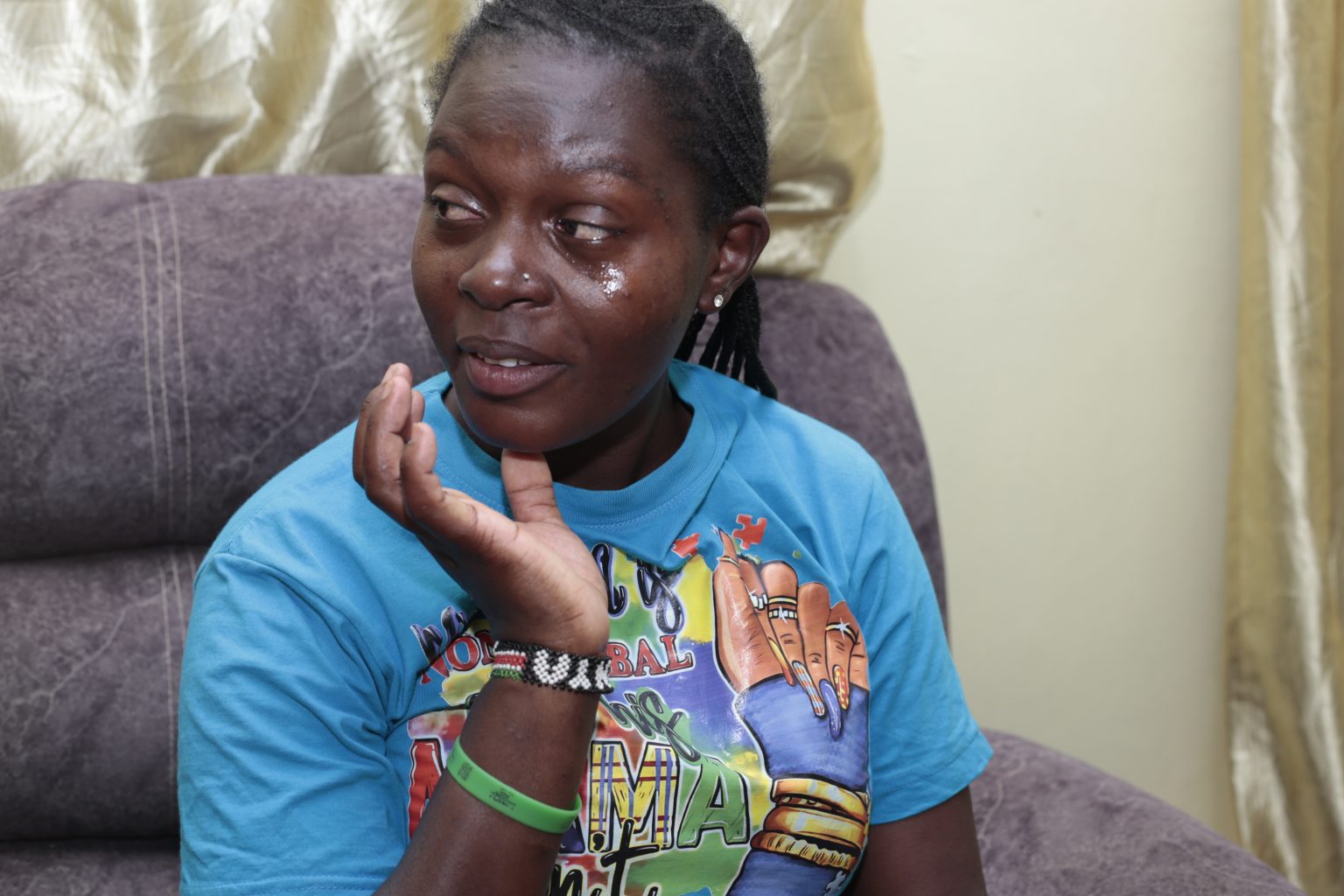





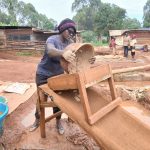





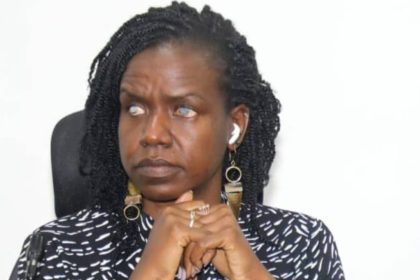
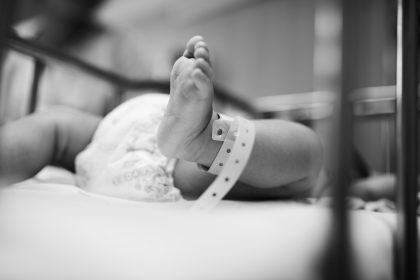




Florence im proud of you so much… i keep admiring your resilience and how much you dont look like your problems… i can assure you that you are doing well.. keep it up.. lots of love